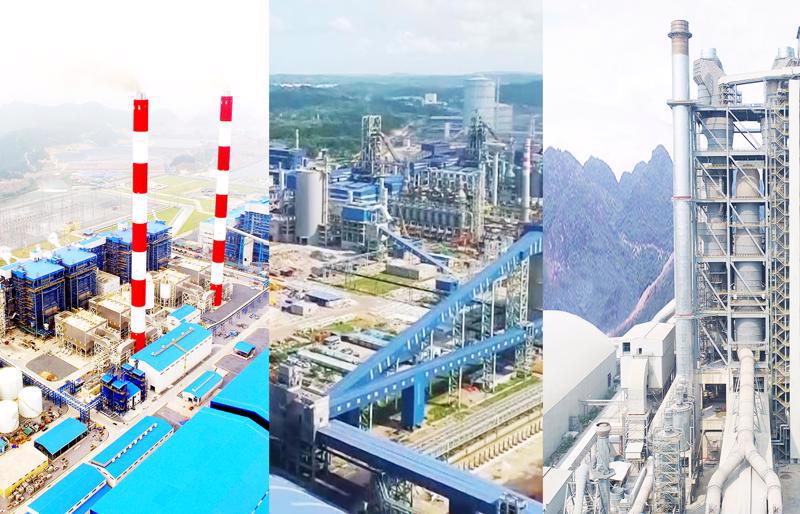The Law on Environmental Protection and the Government's Decree 06 on Greenhouse Gas Emission Mitigation and Ozone Layer Protection have laid out a roadmap for developing Vietnam's carbon market, emphasized Mr. Nguyen Tuan Quang, Deputy Director of the Climate Change Department at the Ministry of Natural Resources and Environment.
According to the roadmap, Vietnam will start allocating quotas and piloting the Greenhouse Gas Emission Trading System (ETS) by June 2025.
At the recent workshop on the impact assessment of the Greenhouse Gas Emission Trading System and carbon credits in Vietnam, organized by the United Nations Office for Project Services (UNOPS) in collaboration with the Climate Change Department, experts highlighted that as a country severely affected by climate change, Vietnam has actively joined international efforts on climate change and proactively made significant commitments to greenhouse gas emission reduction.
Notably, at COP 26, Vietnam pledged to achieve net zero emissions by 2050. To achieve these commitments and emission reduction targets, carbon pricing is a key measure.
To reduce emissions and achieve net zero emissions, key solutions include shifting from “brown” to “green” energy, promoting the use of clean and renewable energy, promoting energy and resource efficiency through the application of advanced, low-emission technologies, implementing circular economy models, and transforming agricultural production, exemplified by the one million ha low-emission, high-quality rice project. Calculations show that each hectare of rice production under this model can reduce emissions by 3-5 tons of CO2.
Experts also highlighted the development of forests and ecosystems to enhance greenhouse gas absorption. Coastal ecosystems and mangroves absorb four times more than natural forests.
Furthermore, Vietnam is researching and aiming to apply carbon capture and storage measures. Although implementing this measure would be costly, it is an effective and feasible solution in the future when technology advances.
Regarding carbon pricing, according to Mr. Quang, over 70 countries and territories worldwide have implemented carbon pricing (including carbon taxes and carbon markets).
Carbon pricing helps control over 11 billion tons of carbon, equivalent to about 20% of global emissions (estimated at over 50 billion tons of carbon annually). This is an inevitable trend that Vietnam cannot avoid.









 Google translate
Google translate